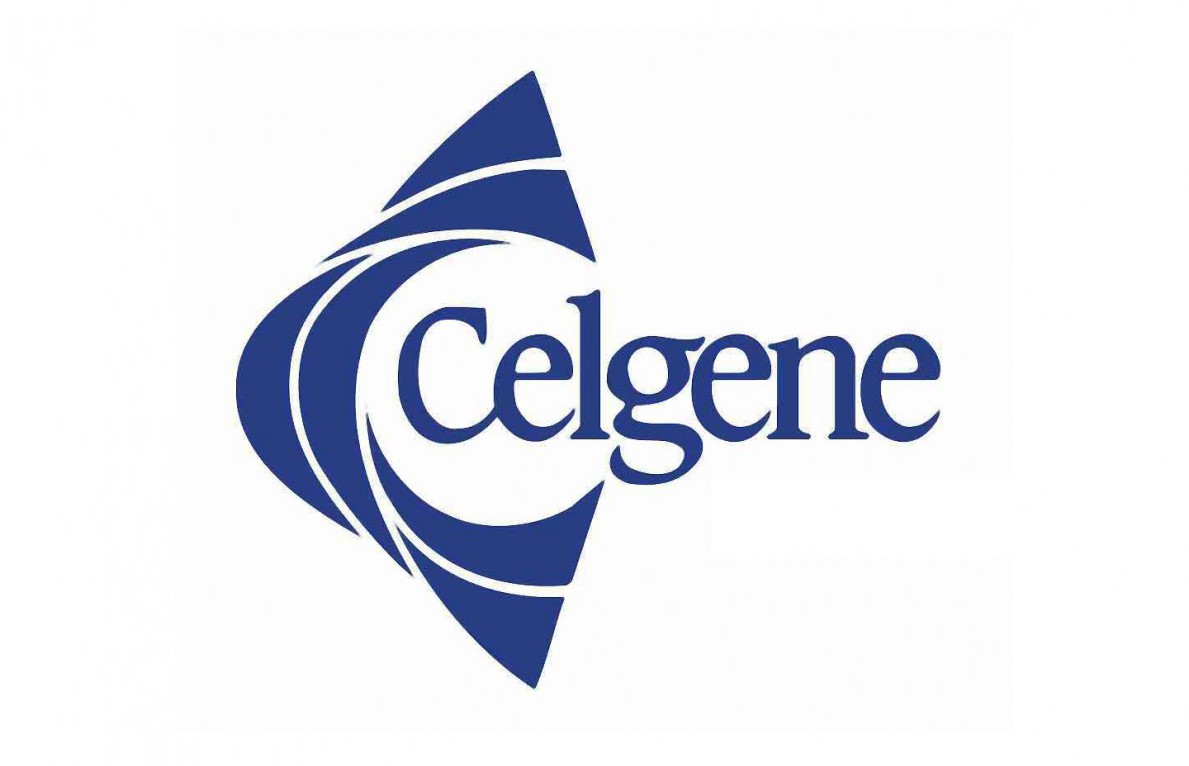Health and Healthcare
Bristol-Myers, Celgene to Tie a $74 Billion Knot

Published:
Last Updated:

There’s nothing like spending $74 billion on an acquisition to get shareholders’ attention. That’s what Bristol-Myers Squibb Co. (NYSE: BMY) found out Thursday morning following the announcement of a definitive agreement to acquire Celgene Corp. (NASDAQ: CELG) for that amount in cash and stock.
Celgene shareholders will receive one Bristol-Myers share and $50.00 in cash for each share of Celgene. The cash-and-stock value of the deal is $102.43 per share and represents a premium of about 54% to Celgene’s Wednesday closing price of $66.64.
Celgene shareholders also will receive one tradeable Contingent Value Right (CVR) for each share of Celgene, entitling the holder to receive a one-time potential payment of $9.00 in cash upon FDA approval of all three of ozanimod (by December 31, 2020), liso-cel (JCAR017) (by December 31, 2020) and bb2121 (by March 31, 2021), in each case for a specified indication.
Did Bristol-Myers really have to pay this much for a company that saw its stock price drop by almost 40% in 2018? Celgene’s market cap is still $46 billion or so, but the 52-week trading range of $58.59 to $109.98 should show how volatile 2018 was. In December alone, Celgene shares slid from $75 to just under $60, before a recovery right around Christmas.
Celgene’s earnings per share (EPS) of $7.44 in 2017 were forecast to rise to $8.79 for 2018 and then north of $10 or so per share in 2019. Revenue growth projected at 17% for 2018 was most recently expected to slow to 11% in 2019. Still, Celgene was valued at a mere eight times the 2018 earnings estimate and less than seven times projected 2019 earnings.
Wall Street still had a consensus price target of $104.66, but it hardly seemed logical to expect gains of around 60% in 2019.
Giovanni Caforio, M.D., board chair and chief executive officer of Bristol-Myers, said:
Together with Celgene, we are creating an innovative biopharma leader, with leading franchises and a deep and broad pipeline that will drive sustainable growth and deliver new options for patients across a range of serious diseases. As a combined entity, we will enhance our leadership positions across our portfolio, including in cancer and immunology and inflammation. We will also benefit from an expanded early- and late-stage pipeline that includes six expected near-term product launches. Together, our pipeline holds significant promise for patients, allowing us to accelerate new options through a broader range of cutting-edge technologies and discovery platforms.
In a separate announcement, Bristol-Myers guided 2019 GAAP EPS in a range of $3.75 to $3.85 and non-GAAP EPS in a range at $4.10 to $4.20. Key 2019 GAAP and non-GAAP guidance assumptions include the combined dilution of $0.09 from the UPSA divestiture and U.S. Pension liabilities transactions. Guidance for 2019 excludes any impact from the Celgene acquisition.
To salve wounded investors, Bristol-Myers expects to accelerate a $5 billion stock buyback program once the deal closes, now anticipated in the third quarter of 2019. The company raised its dividend by a penny a quarter this year to $0.41 per share, and the annual dividend yield at last night’s closing price was 3.25%.
The 54% jump to the share price is a real hit with Celgene shareholders. Celgene stock traded up more than 33% in Thursday’s premarket at $88.88.
Bristol-Myers stock traded down about 15.4% at $44.36, below the 52-week range of $46.94 to $70.05. The consensus price target on the stock was $59.44 before this morning’s announcement.
Are you ahead, or behind on retirement? For families with more than $500,000 saved for retirement, finding a financial advisor who puts your interest first can be the difference, and today it’s easier than ever. SmartAsset’s free tool matches you with up to three fiduciary financial advisors who serve your area in minutes. Each advisor has been carefully vetted and must act in your best interests. Start your search now.
If you’ve saved and built a substantial nest egg for you and your family, don’t delay; get started right here and help your retirement dreams become a retirement reality.
Thank you for reading! Have some feedback for us?
Contact the 24/7 Wall St. editorial team.